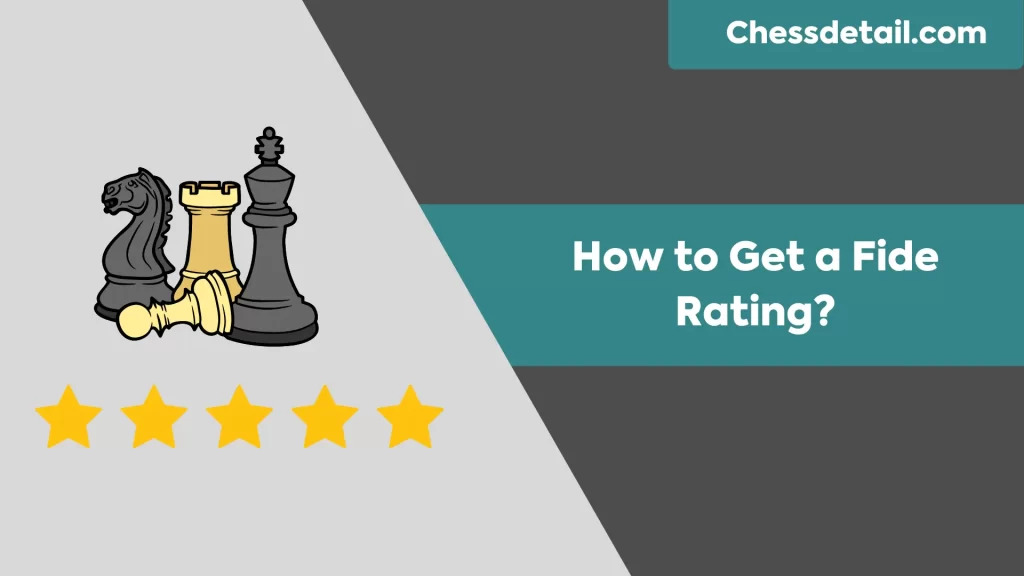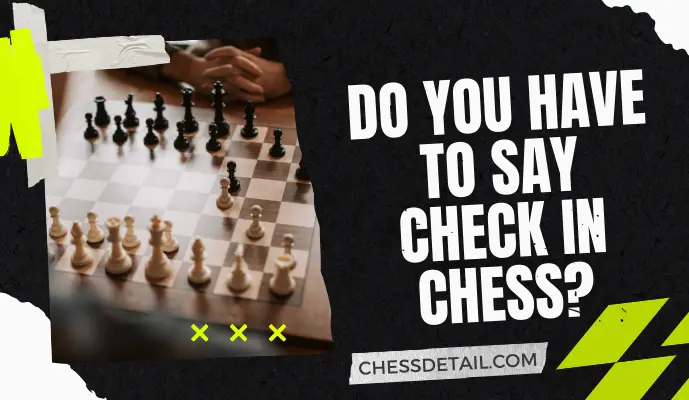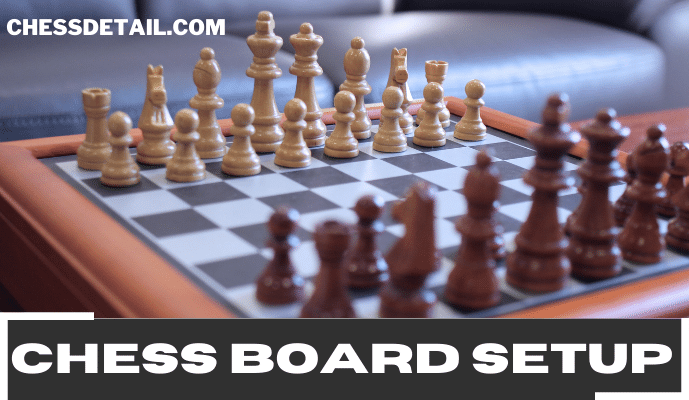How to Get a FIDE Rating in Chess? A Comprehensive Guide
If you love playing chess and want to take it to the next level, you might have heard of a FIDE rating. But what is it and why is it so important? A FIDE rating is a special number that shows how good you are at chess on a global scale. It’s given by FIDE, which is the international organization that oversees professional chess.
This guide is for anyone who wants to get a FIDE rating but doesn’t know where to start. Maybe you’re a young player who wants to go pro, a parent trying to help your child, or an adult who’s discovered a passion for chess. We will go through what a FIDE rating is, how to get one, and tips for keeping and improving your rating.

What is a FIDE Rating?
A FIDE rating is like a score that tells everyone how good you are at chess. FIDE is short for “Fédération Internationale des Échecs,” which is French for the International Chess Federation. This is the big organization that takes care of professional chess all over the world. Unlike other ratings, like those you might get on a chess website or from the United States Chess Federation (USCF), a FIDE rating is international. That means people from any country can understand your skill level.
Importance of a FIDE Rating:
Having a FIDE rating is a big deal. It makes you look serious and skilled in the chess world. If you want to join big, international tournaments, a FIDE rating helps you get in and even decides who you’ll play against. Plus, if you dream of making chess your job one day, a high FIDE rating can open doors for you.
Rating Tiers:
FIDE ratings aren’t just one big group; they have levels or “tiers.” The basic level is called Candidate Master. If you get better, you can become a FIDE Master. Even higher than that are International Master and Grandmaster, which are very top levels. Each level shows you’re getting better and better at chess.
Eligibility for a FIDE Rating
Age Requirements:
So, who can get a FIDE rating? Good news: there’s no minimum or maximum age limit. This means whether you’re a kid, a teen, or an adult, you can aim for a FIDE rating. Age doesn’t stop you from showing how good you are at chess.
Membership Requirements:
Before you can get a FIDE rating, you need to be a member of FIDE. Usually, there’s a fee you have to pay to join. You might also need to be a member of your country’s own chess federation. Some countries require this, so you’ll have to check.
Pre-qualification Criteria:
You might be wondering, “Do I have to be really good to get a FIDE rating?” Well, you don’t have to be a chess expert, but you do have to play in a FIDE-rated tournament and perform at a certain level to get your first rating. Sometimes, if you have a rating in your country’s system, that can help you start with FIDE.
How to Participate in FIDE-Rated Tournaments
Finding FIDE-Rated Tournaments:
To get a FIDE rating, you need to play in FIDE-rated tournaments. But how do you find them? Easy! You can check FIDE’s website or ask your local chess club. When picking a tournament, think about the location and if it’s suitable for your skill level. Some tournaments are for beginners, and some are for really advanced players.
Registration Process:
So, you’ve found a tournament you want to join. What’s next? You need to sign up, usually by filling out a form and paying a fee. Make sure to read what documents you need. Sometimes you need a membership card or ID. Don’t forget to check the last date to register!
Tournament Rules and Conduct:
Every tournament has rules. These are important so that the game is fair for everyone. You should know these rules before you play. If you don’t follow them, you could get into trouble or even be kicked out of the tournament.
How to Earn and Calculate Your FIDE Rating
Scoring in Tournaments:
Earning a FIDE rating starts with how well you do in a FIDE-rated tournament. If you win a match, your rating will go up. If you lose, it will go down. A draw, which means the game ends in a tie, will have a smaller effect on your rating.
Rating Calculation:
Now, you might be wondering how they actually figure out your rating. There’s a special math formula FIDE uses to calculate it. One important part of this formula is called the “K-factor,” which helps decide how much your rating will change after each game. The higher the K-factor, the more your rating can change.
Initial Rating vs. Subsequent Ratings:
The first time you get a FIDE rating, it’s based on your performance in your first FIDE-rated tournament. After that, your rating will change based on how you do in future tournaments. So, your rating can go up or down over time depending on how well you play.
Maintaining and Improving Your FIDE Rating
Consistent Participation:
Once you have a FIDE rating, keeping it or making it better is the next step. One of the best ways to do this is to keep playing in tournaments. If you stop playing for a long time, your rating might not be as accurate, and you could miss out on getting better. So, it’s good to play regularly to keep your skills sharp.
Strategy and Training:
To get better, you’ll need more than just playing a lot; you’ll need to practice the right way. Training can help you learn new skills and fix mistakes. A chess coach can really help you get better faster. They can show you what you’re doing wrong and how to improve.
Psychological Factors:
Believe it or not, your mind plays a big part in how well you do in chess. Being nervous or losing focus can make you make mistakes. Learning to stay calm can help you play better. Some people use deep breathing or think of positive things to stay focused and reduce stress.
Common Mistakes to Avoid
Ignoring the Rules
One big mistake is not paying attention to the rules. If you break FIDE rules during a tournament, you could get into trouble. This could mean losing points or even getting kicked out of the tournament. So, always know the rules and follow them.
Inconsistent Play
Another mistake is playing well one day and poorly the next. This up-and-down performance can hurt your FIDE rating. The best way to get a high rating is to play well consistently. So try to avoid having too many bad days on the board.
Overlooking Administrative Details
Sometimes it’s the small things that can trip you up. Forgetting to keep your FIDE membership active is one of them. If your membership expires, you can’t play in FIDE-rated tournaments. Also, missing the deadline for tournament registration or not filling out forms correctly can stop you from playing.
Conclusion
Getting a FIDE rating is like going on a chess adventure. First, make sure you meet the age and membership rules. Next, find a FIDE-rated tournament and sign up. Play your best to get your initial rating. After that, keep playing to improve your score. Don’t forget to follow the rules and maybe get a coach to help you get better. Just remember, every great chess player started somewhere. So don’t give up, keep practicing, and you could reach your chess dreams. You’ve got this!




![How Does the Bishop Move in Chess [Everything Explained]](https://chessdetail.com/wp-content/uploads/2023/05/How-does-the-Bishop-move-in-chess-768x512.webp)

![Chess Piece that Moves Diagonally [Explained all 4 Pieces]](https://chessdetail.com/wp-content/uploads/2022/06/Chess-Piece-that-Moves-Diagonally.webp)